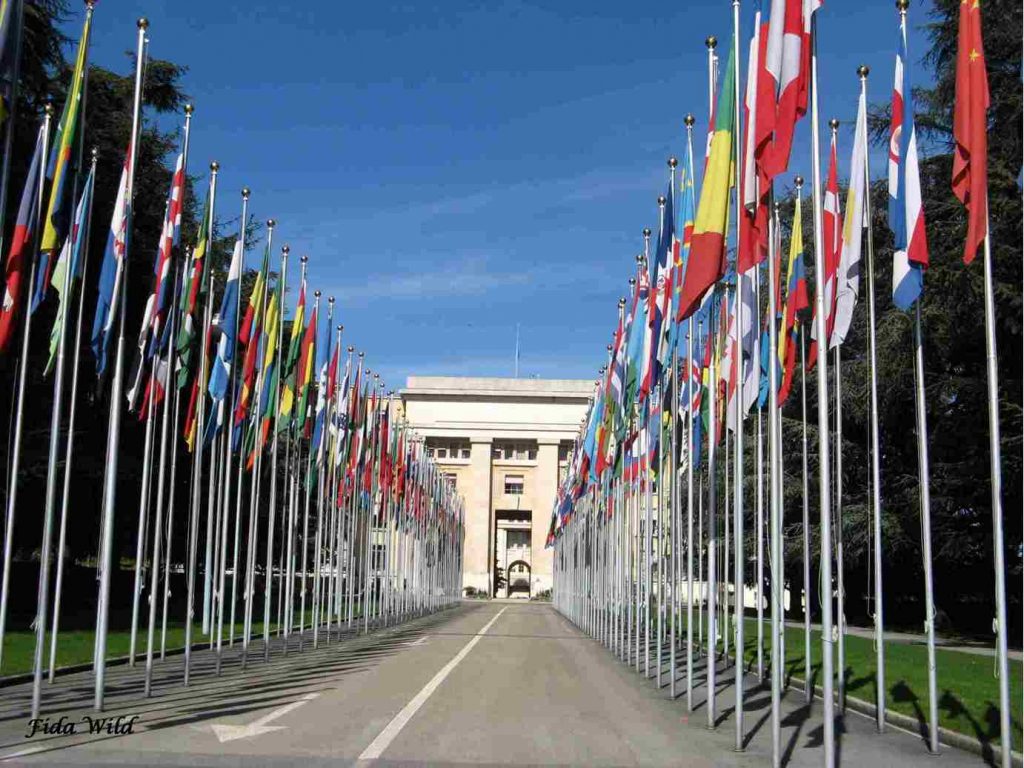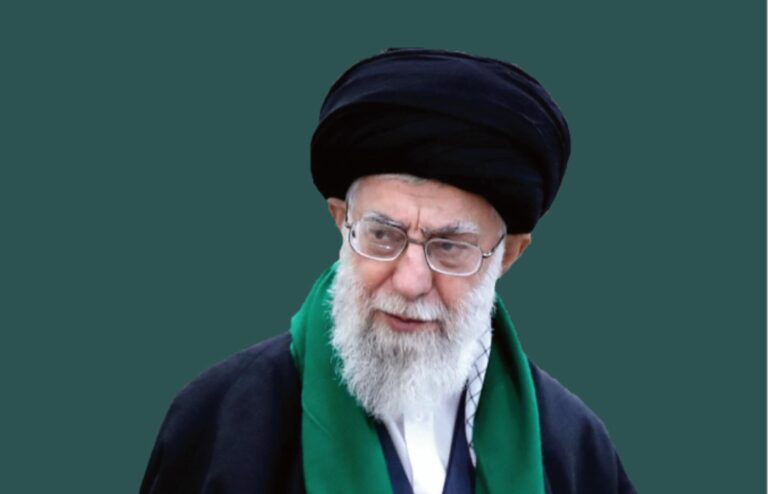Antonio Guterres
Secretary General
United Nations
New York, NY
USA
15 December 2020
Dear Secretary General,
Re: Mohsen Fakhrizadeh
We write regarding the extra-territorial targeted killing of nuclear scientist Mohsen Fakhrizadeh on 27 November 2020. His assassination is an assault on international law.
We agree with the view expressed by the United Nation’s special rapporteur on extra-judicial executions, Agnes Callamard, who tweeted on 27 November 2020:
Murder of Mohsen Fakhrizadeh, Iran‘s top nuclear scientist: many questions still as to the circumstances of his killing. No State or non-State actors have yet claimed responsibility. But to recall: An extraterritorial targeted killing, outside an armed conflict is a violation of international human rights law prohibiting the arbitrary deprivation of life and a violation of the UN Charter prohibiting the use of force extraterritorially in times of peace.
International human rights obligations apply to the conduct of a State outside its territory as confirmed by the International Court of Justice, the Human Rights Committee, the Inter-American Commission on Human Rights and the European Court of Human Rights…
State engaged in acts of aggression resulting in deprivation of life violate ipso facto their treaty obligations. States that fail to take reasonable measures to settle their int’l disputes by peaceful mean[s] fail to comply with their positive obligation to ensure the right to life
Though no state or non-state actor has yet claimed responsibility, it has been widely reported that an unnamed senior Israeli official involved in tracking Iranian nuclear activities was quoted by the New York Times as saying that “Iran’s aspirations for nuclear weapons, promoted by Mr Fakhrizadeh, posed such a menace that the world should thank Israel”.
Such statements are disingenuous given the director-general of the International Atomic Energy Agency (IAEA), Yukiya Amano, said on 4 March 2019 that Iran is meeting its obligations under the Joint Comprehensive Plan of Action (JCPOA). The IAEA quarterly report on Iran’s nuclear program, contains details demonstrating that Iran is abiding by the deal’s terms. The report notes that the agency has had access to “all the sites and locations in Iran which it needed to visit.” It can be concluded therefore that Iran’s nuclear activity is for peaceful purposes. In light of this, the targeted killing of Mohsen Fakhrizadeh serves no purpose other than as an act of international provocation, as identified by independent observers, designed to destabilise peace and security in the Middle East.
The targeted killing of Mr Fakhrizadeh is only the most recent incident in a series of assassinations of Iranian nuclear scientists. Four Iranian scientists were assassinated between 2010 and 2012. Another barely survived an attempt on his life.
Quantum field theorist and Tehran University Professor Masoud Alimohammadi was killed on 12 January 2010, in a bomb blast. Majid Jamali Fashi, a Mossad spy, confessed and was sentenced to death for the attack.
On 29 November 2010, nuclear scientist Majid Shahriari, who worked for the Atomic Energy Organization of Iran, was also killed in a bombing.
On 23 July 2011, physics Professor Darioush Rezaeinejad was shot dead in front of his house in Tehran.
On 11 January 2012, an explosive device attached to his car killed nuclear scientist Mostafa Ahmadi Roshan, the Natanz nuclear power plant’s commerce deputy. The Iranian government accused Israel of complicity in the killings. In 2011 and 2012, Iranian authorities arrested several Iranians alleged to have carried out the assassination campaign on behalf of Mossad. Western intelligence services and U.S. officials reportedly confirmed the Israeli connection. [[1]] [[2]]
Israel has neither confirmed nor denied its involvement in the above killings, but the Israeli defence minister at the time, Moshe Ya’alon said: “We will act in any way and are not willing to tolerate a nuclear-armed Iran. We prefer that this be done by means of sanctions, but in the end, Israel should be able to defend itself.”
The targeted killings are in direct line with Israel’s concept of “armed conflict, short of war” which, it is well documented, Israel developed to give itself the ability to legally justify its targeted killing policies in the occupied territories. These past extra-territorial killings, along with the recent killing of Mohsen Fakhrizadeh, are a clear and flagrant contravention of international law threatening international peace and security and violates the norms and values of a democratic society.
We share the view of a spokesperson for the High Representative of the European Union for Foreign Affairs and Security Policy who denounced the assassination of Mohsen Fakhrizadeh calling it a “criminal act” that goes against human rights. He stated, “On 27 November 2020 in Absard, Iran, an Iranian government official and several civilians were killed in a series of violent attacks. This is a criminal act and runs counter to the principle of respect for human rights the EU stands for…”
The assassination of Mohsen Fakhrizadeh has drawn worldwide criticism, including in the United States. The former CIA director, John Brennan, stated the attack on Fakhrizadeh “… was a criminal act and highly reckless. It risks lethal retaliation and a new round of regional conflict…” He added, “I do not know whether a foreign government authorized or carried out the murder of Fakhrizadeh. Such an act of state-sponsored terrorism would be a flagrant violation of international law and encourage more governments to carry out lethal attacks against foreign officials.”
The deprivation of the life of Mohsen Fakhrizadeh and life of the civilians killed with him, clearly constitutes a violation of the responsible state’s obligations under article 6 of the International Covenant on Civil and Political Rights (ICCPR).
It is our view that if these state-sanctioned targeted assassinations continue without robust investigation and without sanction, these crimes will continue to escalate. If not dealt with promptly and head on they will become legitimate acts with other states taking similar actions, causing further destabilisation of international peace and security. This situation will not be resolved by requesting the targeted state and its civilians to exercise restraint.
We therefore urge the UN Secretary-General to use his powers and trigger Article 99 of the UN Charter to bring the matter to the attention of the Security Council given the killing of Mohsen Fakhrizadeh clearly threatens international peace and security. As Agnes Callamard stated in relation to the assassination of General Soleimani on 3 January 2020, “the Security Council must at least attempt to face up to its responsibilities. And the UN Secretary-General should place those responsibilities in front of it…” She continued, “… the UN does not appear to have found its place in this crisis – neither in de-escalation efforts or in resolution of the conflict even though that is its role, and even though it has stewardship over some of the key legal instruments. The vacuum its absence creates will likely be filled by unilateral initiatives of the various parties, auguring poorly for the outcome.”
This statement reverberates even more emphatically with the assassination of Mohsen Fakhrizadeh. Failure to act by the UN will render the law meaningless, effectively giving the green light to all states to execute political opponents at will. Put simply, this will lead to the law of the jungle.
Given the above, we demand the UN Secretary General institutes legal procedures to investigate and, if necessary, punish the responsible state for its actions.
Yours sincerely,
Massoud Shadjareh
Chair, Islamic Human Rights Commission
[1] Vick, Kar (13 February 2013) Spy Fail: Why Iran Is Losing Its Covert War with Israel Time [Accessed on 11 December 2020]
[2] Cockburn, Patrick (5 October 2013) Just who has been killing Iran’s nuclear scientists? The Independent [Accessed on 11 December 2020]






